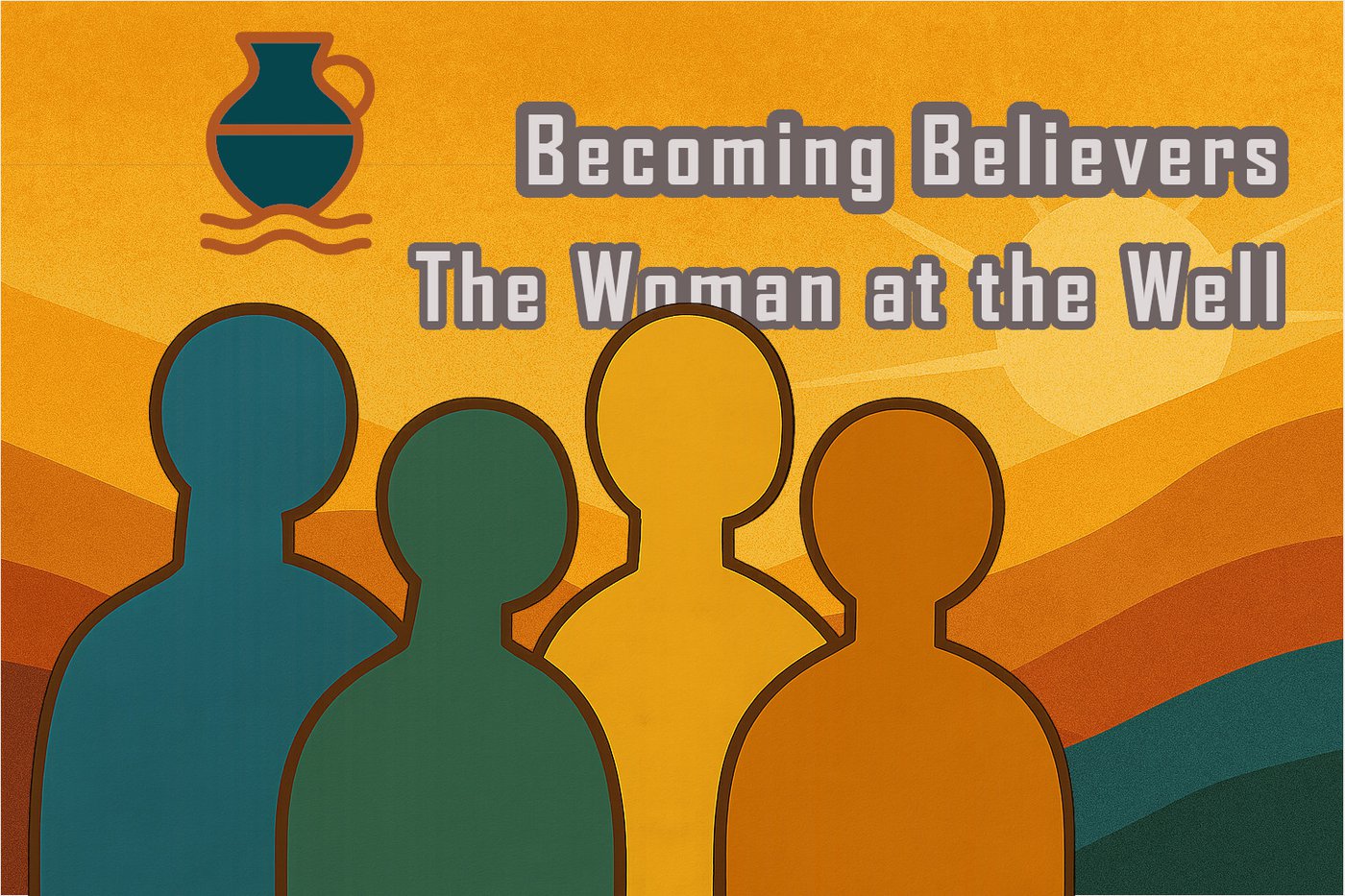
Divided Kingdoms and Spiritual Adultery
Solomon was brilliant. But blind.
He built up Jerusalem... fast. But it came at a cost. He used forced labor, mostly from the north.
The resentment festered.
By the time Rehoboam took the throne, it snapped. The kingdom fractured in two. Judah in the south. Israel in the north. Brothers divided.
And it stayed that way for generations.
God remained with Judah... not for their faithfulness, but because of His. A promise had been made. A Messiah would come. And so Judah endured.
The north did not.
Assyria came. Tribes were scattered. Exiled. Lost.
Some stayed behind. But only by swearing loyalty to the king of Assyria. And with that loyalty came a new identity.
Five foreign nations were merged into the land. Their gods came with them.
It was a blend of the holy and the profane. A theological cocktail. And the prophets called it what it was: adultery.
Israel, the unfaithful bride, had found new lovers. False gods who could not love her. Could not save her.
The returning exiles would no longer call her “brother” or “sister”.
They called her "Samaritan." Generational pride turned that word into an ethnic slur.
That’s how bad things had gotten, and that’s when Jesus shows up.
—
A Conversation Loaded with Echoes
When Jesus meets the Samaritan woman at the well in John 4, the past is still breathing.
He speaks to her gently, but knowingly.
The five husbands she has had (and the man she now lives with) are not just a sad history of relational instability. They are a mirror to the national story.
The Samaritan people, born of five foreign alliances, have lived in a kind of unfaithful spiritual cohabitation ever since.
And Jesus does not begin by condemning her. He begins by asking her for a drink.
This is what makes her moment so extraordinary.
A Jewish man… a rabbi!... speaking not only to a Samaritan, but to a Samaritan woman, in public, and treating her as a conversation partner.
More than that, He gradually leads her to see that He is not simply a prophet, nor merely a new teacher of religion.
He is the one she has been thirsting for.
He knows her whole story. He knows her people's story. And yet, He remains.
Despite the fact that He, Jesus, is their true Bridegroom whom they’ve jilted and betrayed, He comes for His bride.
In a funny kind of way, it’s a love story.
As a point of fact in time, Jesus spoke the healing and forgiving Gospel to a Samaritan woman who could only be described as the recipient of God’s grace.
But beyond that, Jesus was pointing Himself in the direction of a total cultural healing.
Samaria will be suffered for… died for… Samaria has equal share in Christ’s resurrection.
As does any and every person ever since.
Salvation in Jesus Christ is a free gift for all people.
In His death and resurrection, Jesus shows a world full of spiritual cheaters that He is the One we’ve been thirsting for.
A Gospel for Samaria (and Us)
The woman leaves her water jar behind.
She rushes back into the town she once avoided and tells everyone who will listen: "Come see a man who told me everything I ever did. Can it be that this is The Christ?"
The first evangelist in John’s Gospel is not one of the disciples. It is a Samaritan woman.
Her story reminds us that there is no one beyond the reach of Christ's truth.
This woman did not qualify herself for God, God qualified her for Himself.
That’s how it works for you too.
It’s a story that reminds us that shame is not a wall Jesus avoids, but a wound He enters.
And we are reminded that faith often begins not with certainty, but with a question:
"Why couldn’t Jesus be the Savior of the world?"
Takeaway: Faith does not always begin with full understanding. Sometimes it begins when someone sees us, knows us, and stays with us anyway.
Prayer: Lord Jesus, You are the one who offers living water to the weary, the ashamed, and the seeking. Thank You for seeing us fully and loving us still. Give us courage to drink deeply, and to bear witness to the truth of who You are. Amen.



